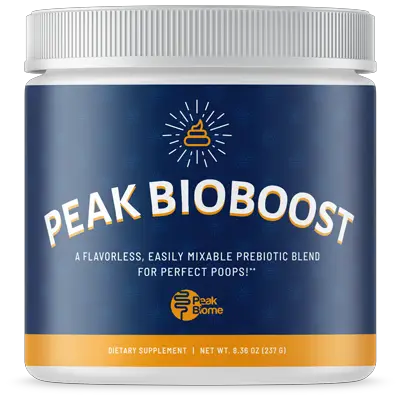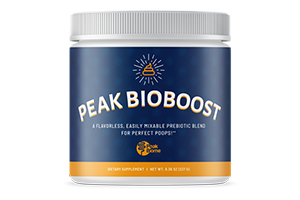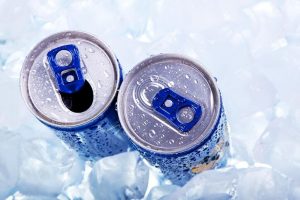Motherhood comes with a lot of responsibilities. One such responsibility is breastfeeding your child. It is always a matter of concern that whatever you eat should also be safe for your infant. At the same time, it can be challenging to choose the right food that provides the essential nutrition for you and your baby.
Proteins are vital nutrition during lactation. You get most of the protein from your regular diet, but it is insufficient if you are a mother, and your doctor should probably suggest you to take additional supplements.
Protein powders are an easy way to increase the intake of proteins in your body. It is fun to drink, and it comes in various flavors to taste a lot better than just milk. But are protein shakes safe while breastfeeding? Is there any side effect associated with it? Let’s understand the need for protein and everything about drinking protein shakes during breastfeeding.
Related Article: 10 Health Benefits Of Drinking Almond Milk During Pregnancy

How much protein is required for a breastfeeding mom?
Protein plays an important role in building your baby’s muscle, bone, and tissues, supporting the growth of your baby.
According to the National Library of Medicine, the average protein requirement for a normal person is approx 54 grams per day. In comparison, the protein intake for a woman during breastfeeding should be increased at least 15 to 20 grams per day, which is 69 to 74 grams per day.
During breastfeeding, you must consume an adequate amount of protein to maintain your muscle mass and provide your baby with the required nutrition.
Can you have protein shakes while breastfeeding?
There are plenty of foods rich in protein, such as eggs, meat, fish, nuts, and seeds. But they all have significantly less protein content per 100gm. As compared to natural food items, protein powders have much more protein in them.
But can you have protein shakes while breastfeeding? Is it safe?
Well, the answer is yes, you can have a protein shake to increase your protein intake during breastfeeding.
Protein shakes consist of health benefits for you and your baby, and it helps meet the daily needs of protein for your body. You may get the essential protein from the whole food, but in most cases, it will not be enough for the production of breast milk, and that’s when the protein powder comes in handy.
But the difficult part is when it comes to picking the right protein powders for you. There are many protein powders with artificial ingredients, preservatives, and added sugar in them. Always check for the label before buying the protein shakes. It is also recommended to seek your doctor’s advice to intake suitable protein shakes.
Related Article: Pros And Cons Of Taking Vitamin C While Breastfeeding
Is it safe to drink whey protein while breastfeeding?
Whey is a type of protein that is extracted from milk. It is a liquid that is drawn out when milk is curdled. Whey is a natural component that is extracted from dairy products.
Unlike any other protein, your body can process whey protein as well. Since it is a natural ingredient, you are already consuming it with milk and other dairy products. So whey protein is also safe to consume during breastfeeding unless you are allergic to any dairy products.
The confusion comes when selecting the right ingredients for whey proteins, as most commercial protein powders contain artificial sweeteners, added preservatives, etc. Being a mother, you need more protein and not sugar. Check the ingredient list before buying any protein powder.
Related Article: 10 Best High Protein Foods For Toddlers And Kids
The final thoughts!
Proteins are essential for you and your baby’s well-being. A proper protein-rich diet means you are feeding your baby with proper nutrition. You can provide yourself with adequate protein by consuming protein shakes.
Take the utmost care while selecting the protein powders. It should be in pure form and without any artificial contents. Consulting your doctor would be an excellent step as they can recommend what best works for you. Besides protein, you should also include calcium, vitamins, minerals, and iron in your diet, as these too play a vital role in your baby’s growth.










